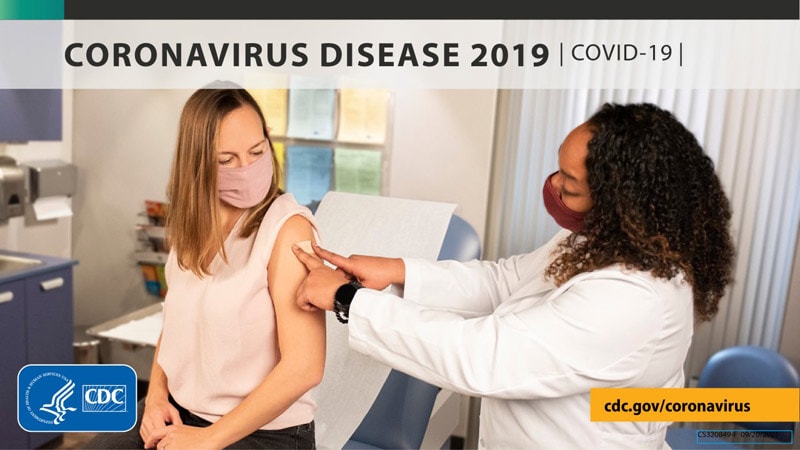- Joined
- Feb 22, 2009
- Messages
- 4,602
@Demon, Did you have the same symptoms with your previous Covid boosters?

So I came down with covid this past September. Had my annual physical a couple of weeks ago and got my high dose flu shot. Asked the doctor if I should get the next covid booster and if so when. He had no answer for me. Going to contact my cardiologist, but I am sure his answer will be the same since I asked him in August before I came down with covid and he did not have an answer for me.
So does anyone know if there is a waiting period from when you had covid to getting the booster? Do I need to wait or doesn't it matter? At this point will wait at least a few weeks since I am getting my 2nd pneumonia vaccine next Friday. I don't like to get my vaccinations all at once.
Where I am they recommend to wait 3 months mostly due to the fact that your recent infection has given you the immunity you need for a while and the booster isn't necessary.

They always get me too @Demon. I hope you feel better quickly. I didn’t feel nearly as sick with this last booster as I have with previous ones.
The CDC says you "may" delay for three months
- If you recently had COVID-19, you may consider delaying your next vaccine dose (primary dose or booster) by 3 months from when your symptoms started or, if you had no symptoms, when you first received a positive test.

COVID-19 Vaccination
COVID-19 vaccines protect against COVID-19. Get safety info and more.www.cdc.gov
I'm kind of surprised your doctors don't know this. It's mentioned on the news all the time, at least the news that I watch.
